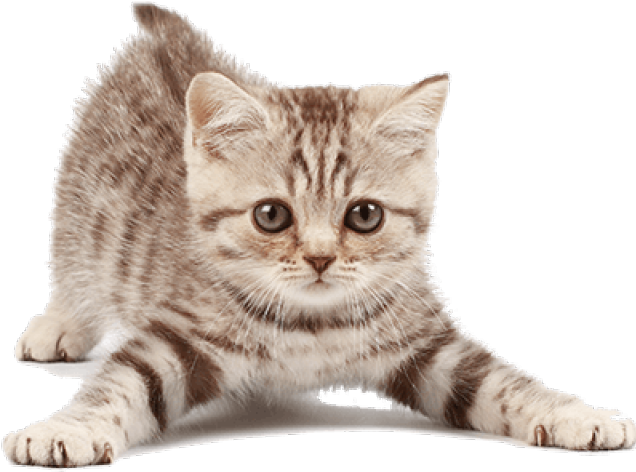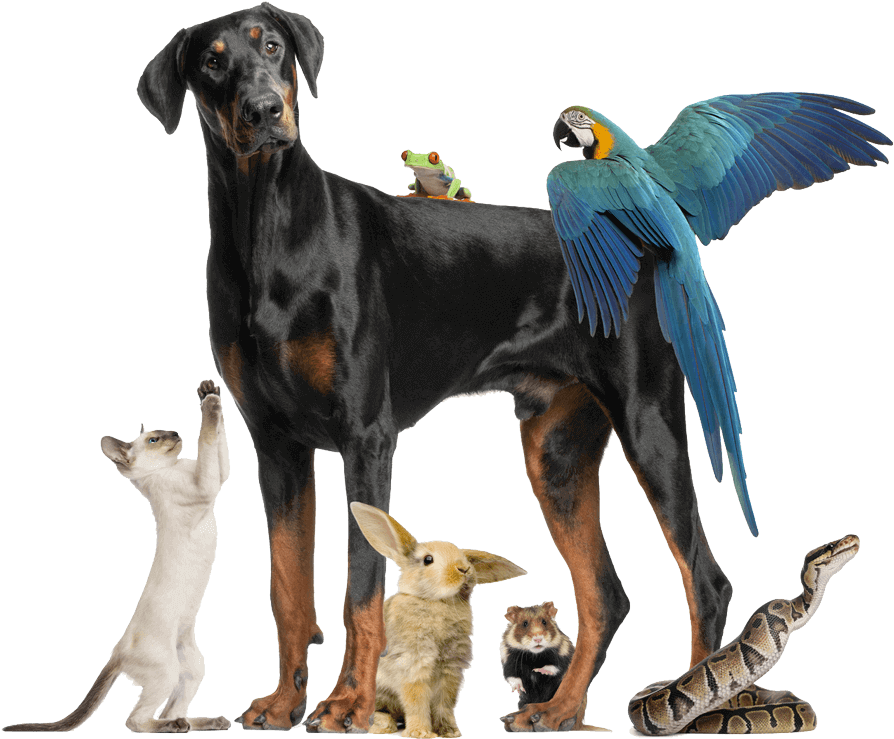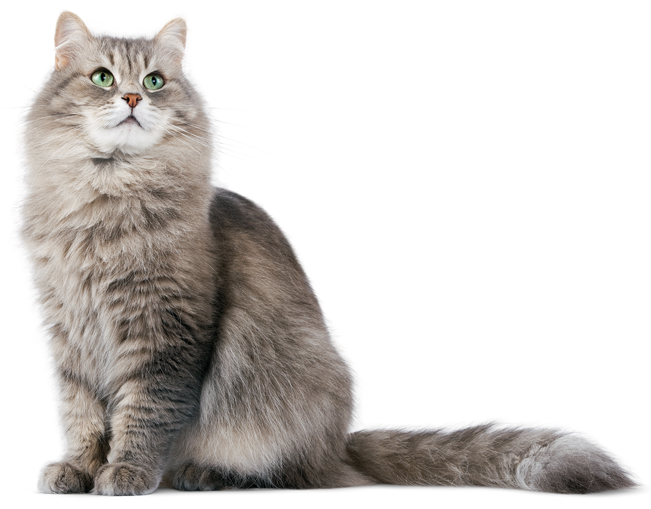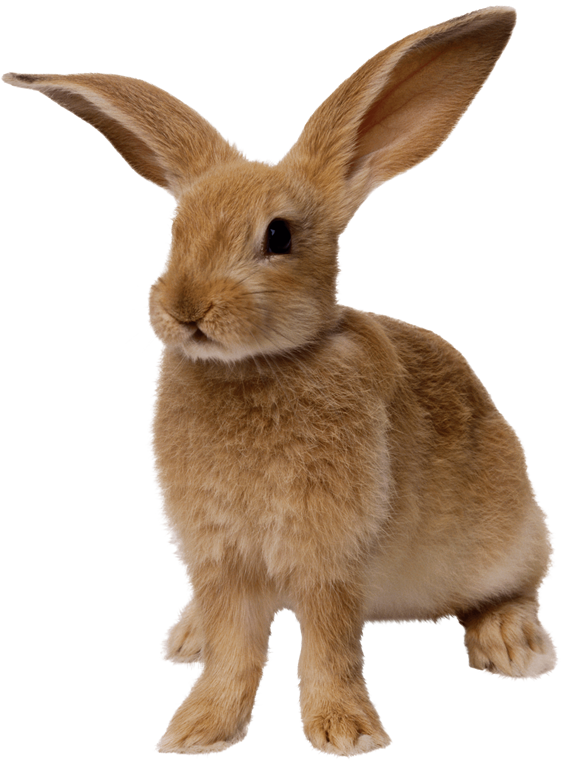Selecting an animal family member and what to consider
Deciding whether or when to adopt an animal companion is almost as important a decision as selecting a human companion, or having a child. This decision is worthy of important thought and consideration. Deciding on a particular species for a companion, and then selecting a breed, and finally selecting an individual animal, are significant decisions that affect the compatibility of a person and animal in the future. For example, dog breeds vary considerably in the type of companion they will be. These traits are genetic, learned, and environmental. Additionally, certain breeds are predisposed to the health problems which pet parents should be aware of.
It is important to note that adults who live with animals tend to have experienced animals as children. They often select species and breeds of animals similar to those they had as children. The selection of a breed due to previous exposure may not always be in an adult’s or family’s best interest.
Companion animals have many benefits:
- They provide unconditional love and affection
- companionship and comfort
- the opportunity to develop a bond between human and animal
- They assist individuals with special needs as service animals
- social connections and interaction with people
- motivation to exercise
- enhanced health
These benefits only occur in compatible relationships, when the person loves and cares for the animal. When the animal and caretaker are mismatched, the relationship is weakened and may limit the benefits for both the animal and the person.

Something(s) to think about.
In today’s world where living alone and feelings of loneliness seem to be increasing, it is appropriate to encourage the keeping of more companion animals under the right circumstances for families and individuals. Alternatively, it is essential to discourage mismatches between potential pet parents and companion animals which could lead to crises and separation for both the animals and the people who are involved. There is a growing body of research literature as a resource to assist people in building compatible relationships with animals and making appropriate decisions on the right companion
Depending on a person’s living situation, it is sometimes necessary to consider adopting an appropriate animal that does not distress neighbors, such as a dog breed with low likelihood of excessive barking or aggression.
A person’s expectations are key in choosing whether to adopt an animal, and which species, breed, and individual to select. Is the animal to provide companionship, a playmate for the children, or household protection? Does one want a dog that will rarely challenge authority? Are the expectations realistic? What level of commitment do you as the pet parent have? Does the potential pet parent desire a lap dog or one that will require extensive physical activity? For example, someone seeking an animal primarily to teach a child love and responsibility, and help entertain the child, may be disappointed to learn that the animal requires considerable care and attention. Animals that provide vigilance for strangers may bark excessively at friends who are welcome. Thinking carefully about these choices is perhaps the most important step toward preventing many problems months or years later.
Which Species should I choose?

This depends on what you and your family have decided together, based on your self-assessment.
Birds as companions are on the increase. The keeping of birds is “convenient” for many people who live in apartments, or live in places that do not allow dogs and cats. Species of birds range in their behavioural patterns and appearances. Some form close attachments to a primary caregiver, become affectionate, or even learn to talk.
The commitment of having a bird
Depending on the species of bird, they may require even more care than a dog or cat. Some birds may live for 50-60 years, and in many cases they can outlive their owners. The exact behaviour of each species varies considerably, however most birds are extremely social. They may require a lot of attention, and many birds vocalize frequently. People who want birds as pets should realize that they cannot simply be stuck in a cage and fed. Many birds have compulsive behaviours where the will pull out their feathers or chew on their legs if they are not entertained. Birds should be given plenty of toys and things to chew on to prevent them from performing compulsive behaviours. If you don’t have time for a dog or cat, a bird is not an ideal pet either.
Know your bird’s origin
When buying a bird through a pet shop, it is important to figure out if that bird has had a previous owner and is being resold. It is recommended to research bird breeders prior to purchasing a pet as they may have pre-existing health or emotional issues. Also, many birds are smuggled into the Canada & the US and are truly exotic birds that are not meant to be pets. They may have special needs that you may be unaware of, and frequently these animals end up in situations where they need to be relinquished. This can be traumatic for both pets and their owners.
Cats
As with birds and pocket pets, the convenience of keeping companion cats contributes to their growing popularity. Because many households have multiple cats, there are, in fact, more households with dogs than cats. People who live with cats describe loving cats’ outrageous antics, their beauty, and just interacting with them. The experience a young cat has with humans often influences how affectionate the animal is as an adult. Most people value the affection they share with their cats, so selecting an animal that has had good early experiences with humans enhances the likely compatibility.
The biggest decisions to make when selecting a cat are whether you desire a pure-bred cat versus a shelter animal, or if you want to acquire a kitten or adult cat. Additionally, some people desire to rehabilitate a feral cat; however these situations often require a high level of commitment and energy.

What type of cat should I select?
In the selection of what type of cat you desire, it is important to keep in mind that pure-bred cats frequently come with associated genetic problems. For example, Persian or other short-nosed cats can develop problems breathing through their narrow nasal passages. These problems are significant to note because having a pure-bred cat will frequently require an owner to spend more money on veterinary care. This can be both an economically and emotionally straining experience for many families. You also should think about long-haired vs. short-haired cats, depending on the time that you have to groom your companion.
What age of cat should I get?
The age of a cat that you decide to adopt should also be a decision that you consider wisely. It is important to take into account how much time you have to devote to your pet based on your schedule and family environment. If you live in a full time working household it’s recommended you stay away from the kittens or adolescents (under 18 months), because they frequently require a lot of attention and playtime. Sometimes having 2 cats of the same age group will make it possible to have a younger cat. An adult cat may make more sense for a family with young children if it is outgoing and friendly. It is also noteworthy, however, that some adult cats have unknown histories and they may be harder to introduce into a new or multi-cat household.
Cats are both social and independent animals who can exhibit remarkable flexibility in adapting to a wide range of living situations. Living indoors or outdoors, singly or in a group, cats can adapt to either solitary or social settings. Many people who live with cats prefer having more than one. Some feel it is more interesting having more than one to watch or play with. Others add additional cats as company for the cat. Problems with house soiling or urine spraying are reduced for those who live with only one cat. It is important to note however, that adding a new cat or kitten to an environment where there is a pre-existing animal can be difficult and often frustrating transition for both the owners and the cat or cats.
Choosing a dog

When adopting a dog, one must keep in mind that adding a dog to a household is as serious as adding another human being. Dogs require a greater commitment of time and resources than some other pets. Dogs need companionship and interaction, and some enjoy and even require regular structured activities, such as walks, games, and agility training. The social interactions and needs of dogs for partnership, while rewarding for many families, may be a bit of a burden for some people who lead a less stable life-style.
Large breed versus small breed dogs?
Small dogs tend to be more active and excitable than larger ones. Thus, while it is tempting to think a small dog is easier to manage than a large one, the temperament of a small dog may be more challenging than many larger breeds. Nonetheless, older people may feel more confident of not being inadvertently knocked over by a small animal, and small dogs take up less space in a tiny apartment.
Male or female dog?
In general female dogs are likely to be less aggressive and more trainable than males. Someone selecting a breed with more aggressive tendencies might choose a female to reduce the likelihood of behaviour tendencies, or could also consider a more compliant breed. This problem prevention approach is very important in increasing the likelihood of a compatible relationship.
Small Companion Animals
Small companion animals such as rabbits, hamsters, guinea pigs, rats, and mice, and other pocket pets are very popular, especially with children. These animals provide companionship, yet may require much less care and human social contact than dogs, birds, or cats. Although these animals are similar in many ways, their behaviour can vary greatly.
Ferrets and Guinea Pigs
Ferrets tend to require more effort than most owners anticipate. Ferrets have a high metabolic rate, and they defecate and mark their cages and litter boxes frequently. Ferrets tend to require a lot of attention as they have important play behavior, and tend to hide inanimate objects (or “ferret them away”). Enrichment is extremely important for ferrets and they require toys and areas that they can explore, tunnel through, dig, and in some cases destroy.
Guinea pigs tend to be non-aggressive, docile, are responsive to attention, and make affectionate pets. They are an extremely social species, and tend to be very gentle unless provoked. Guinea pigs do well when caged for extended periods of time, so they are often convenient pets for busy families. There are many Guinea pigs that are relinquished to shelters, and many are euthanized as it is difficult to find homes for them. As a result, it might be best to adopt a Guinea pig rather than to buy one from a pet store.

Small Rodents
Rodents vary in size and habitat preference, but they are all nocturnal animals. This nocturnal behaviour is something to consider if one is considering housing the rodent in a bedroom. However, if one is aware of their natural behaviours and sleeping patterns, small rodents such as mice, rats, gerbils, and hamsters can make great pets. It is important to note that they have a short life span which may be a positive or negative when selecting a rodent as a pet.
Exotic Small Mammals
Chinchillas, Fennec Foxes, Hedgehogs, and Prairie Dogs are all very beautiful animals. They do not make the best pets because they are essentially wild animals in captivity. There is not enough known about them medically to manage their health appropriately. Additionally, these animals have specific habitat requirements that must be met. For example, Chinchillas give themselves frequent dust baths, and if they are not provided with this environment, this could be considered neglect. One must be very careful if they choose to select an exotic small mammal as a pet.
Summary
It is a very important to make the most knowledgeable choice when selecting a pet to become a member of your family. Contact your veterinarian or animal behaviourist for more information on what is best for you and your family.
Once you have selected the pet you feel will fit your household, knowledge of that animal’s normal behaviours can help you avoid behaviour problems. Behaviour problems such as urine-marking or fear of children are actually a natural part of the instinctual behaviour of the animal. Many of what we humans see as behaviour problems of our pets is really normal behaviours for that species, but the behaviour may be inappropriate for living closely with people. Knowing what to expect and what is normal for the animal and consideration of the environment the pet will be introduced to will help you guide your animal into behaviours that are acceptable to you before behaviour problems arise.
Here are some questions for you and your family to consider when selecting the next animal family member.
- What is my life history and experience with animals? With particular species? With particular breeds?
- To what degree are my current preferences shaped by these experiences?
- Am I prepared to provide 24 hour care for this animal for his/her lifetime, or is this not the right time for this responsibility?
- How much interaction am I seeking with this animal?
- What level of investment of time can I give this animal?
- What do I look forward to with this animal?
- Am I at a stable point in my life where I can care for it during the duration of the pet’s lifetime?
- Am I willing to commit financially and emotionally to the medical care of this animal?
- Can I accommodate this animal’s needs during my vacations and absences?
- Can my residence comfortably house an animal?
- Do I expect this animal to be: a quiet companion, low effort, well behaved, a playmate for children, a jogging partner, a camping companion, a working partner,
